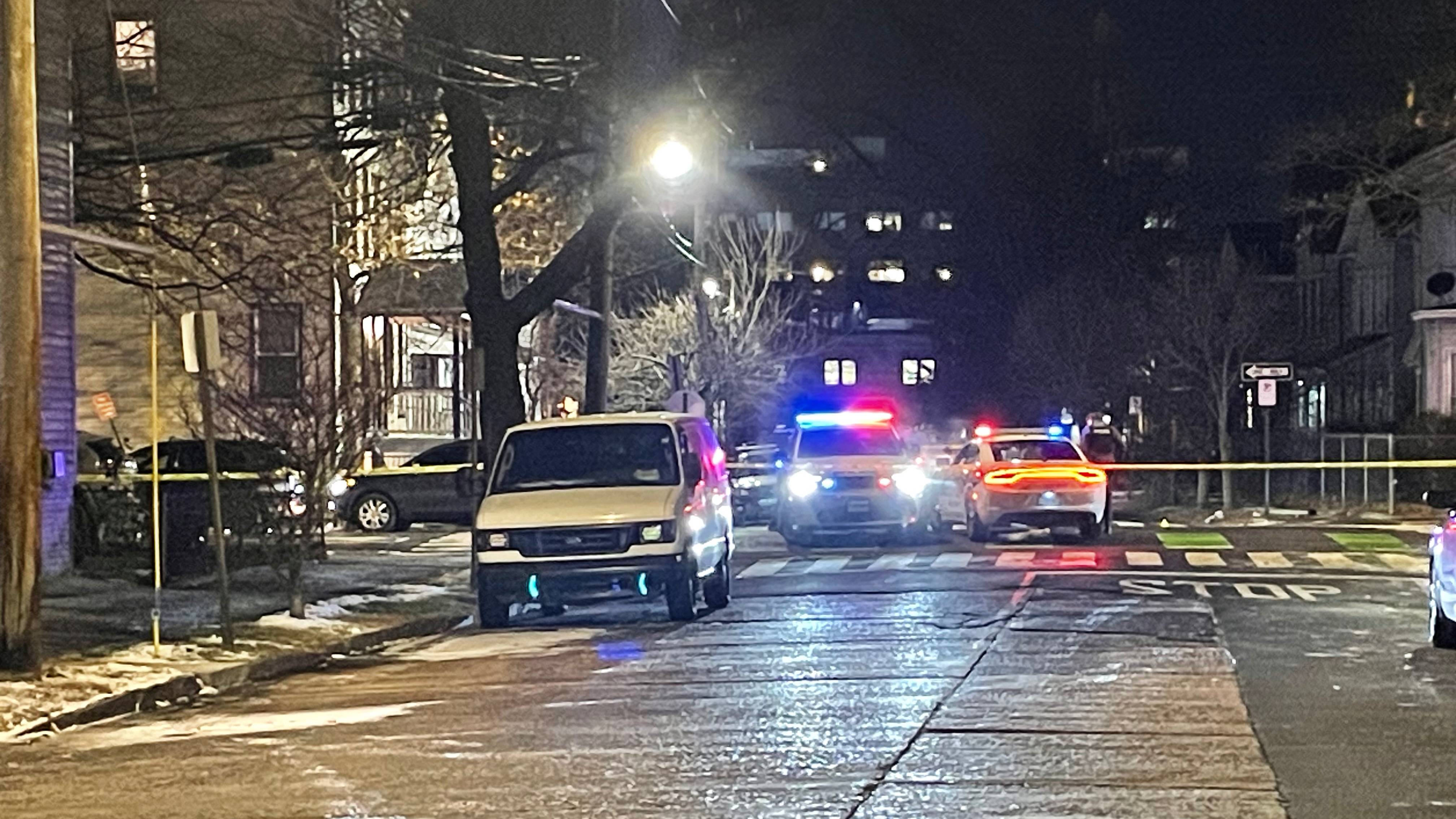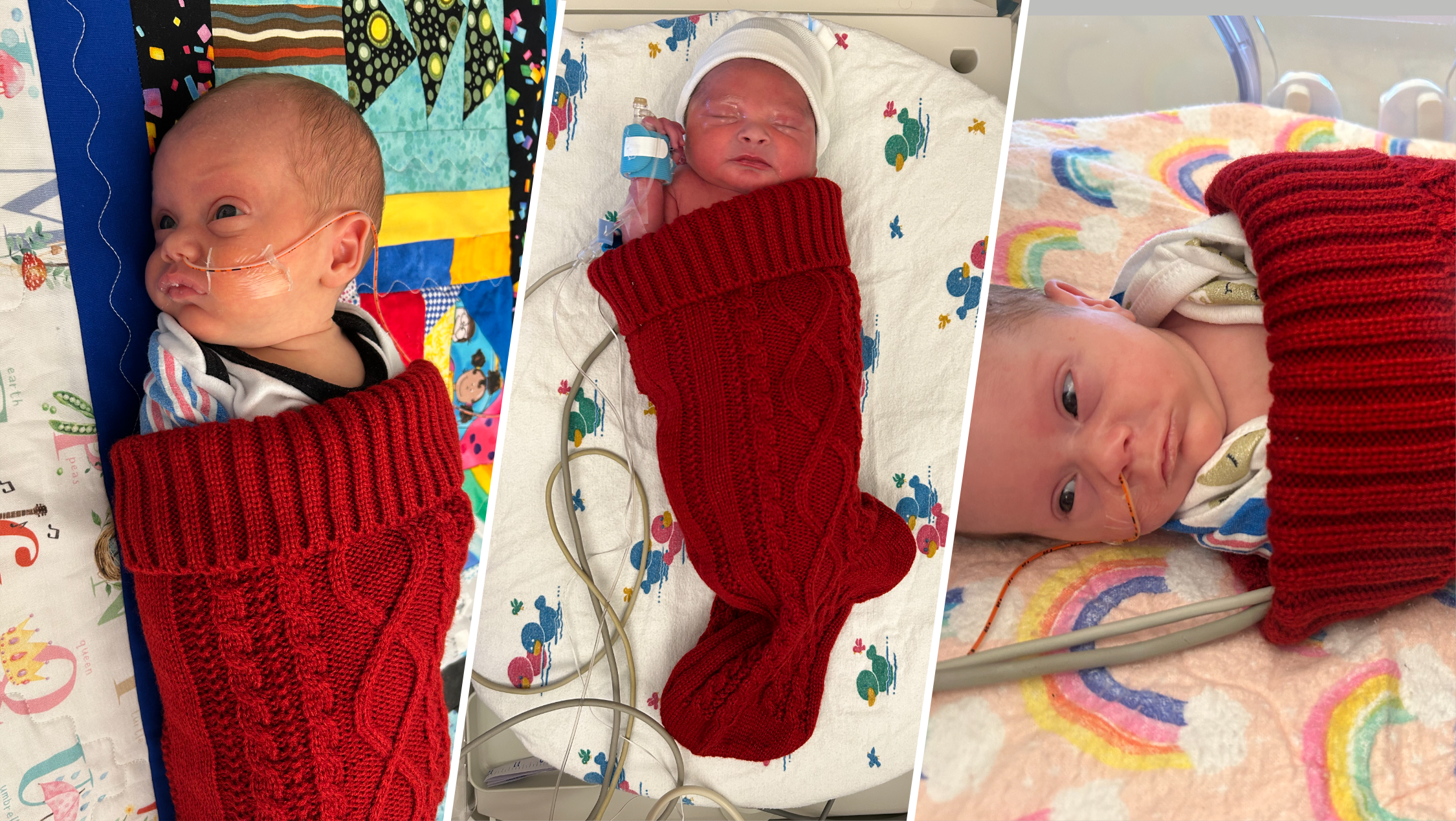Former Hartford police officer Jill Kidik was in court Thursday asking for a criminal protection order against the woman who attacked her on the job.
In 2018, Chevoughn Augustin stabbed Kidik in the throat, striking her trachea, while she was responding to a routine call.
Augustin was found not guilty by reason of mental disease in 2021. Once that was decided, Kidik was no longer granted a criminal protection order against Augustin.
Today's hearing stems from a law that's only been in effect for 10 days, giving the court the ability to grant people in Kidik's shoes that protection order.
Get top local stories in Connecticut delivered to you every morning. >Sign up for NBC Connecticut's News Headlines newsletter.
"I don’t know if I can keep myself alive another time,” said Kidik. She says that is one of her fears if Augustin is released from Whiting Forensic Hospital.
She and her team argue there should be more protections for victims, regardless of the acquitee’s mental state.
“It is so hard but, I’m not going to let other victims go through this,” said Kidik. “It’s not right that I have to sit here and beg for something I should just get."
Augustin's defense argues if she was allowed into the community, it would require approval and no contact with Kidik.
"Since that time, there have been no allegations of threats or attempted contact of any kind,” said Augustin’s defense attorney, Jennifer Walters. "All of those patients with regular community access are subject to strict conditions of release,” said Walters.
This past legislative session, Kidik advocated for a new law equalizing the standard for protection orders for those convicted and those who are found not guilty by mental defect.
It had bipartisan support and passed unanimously, going into effect on Oct 1.
Lawmakers who sponsored this bill say this could be applied to many different cases, like domestic violence situations.
"There shouldn't be any differentiation. Because if you're dead, you're dead. We have to stop these kind of violent acts, whether someone is doing it out of, you know, true nefarious means, or simply because they are too ill to know what they're doing,” said Rep. Holly Cheesman (R-East Lyme), a sponsor of the bill.
Both the prosecution and defense in court Thursday argued on whether the law should be applied for retroactive cases.
Just like a criminal protection order with someone who was found guilty, it's now up to the court to decide.
The next court meeting on this request is December 9.



